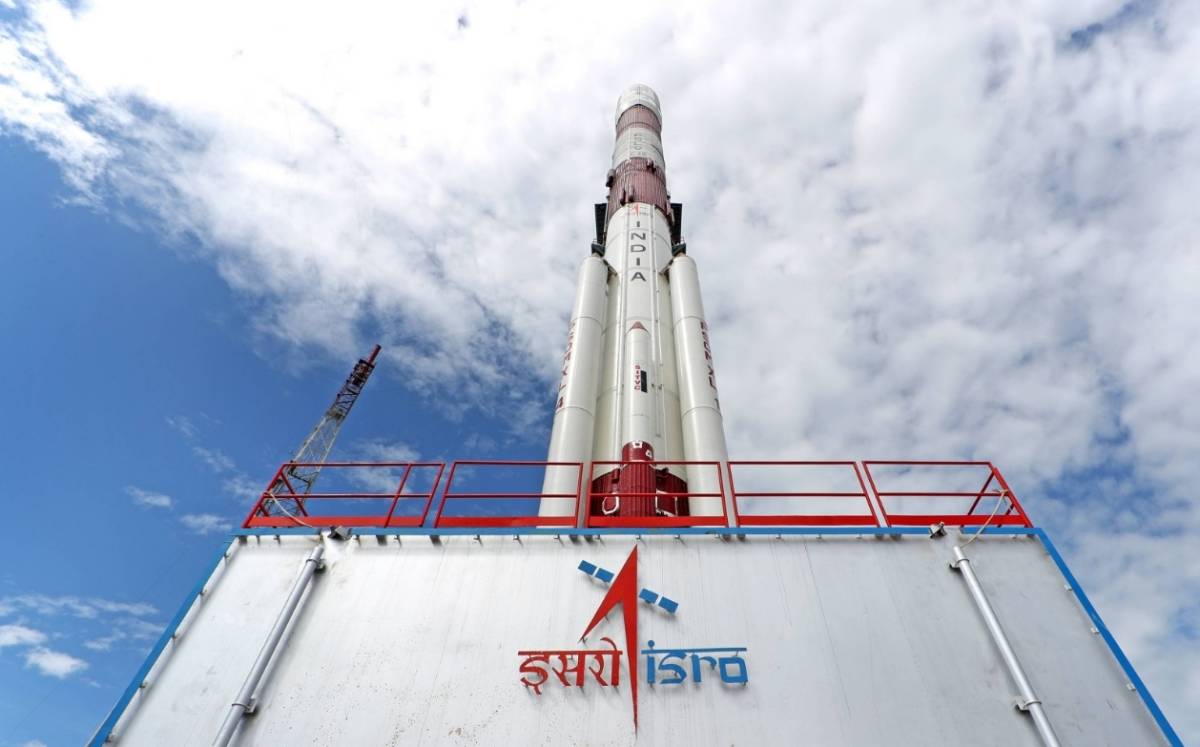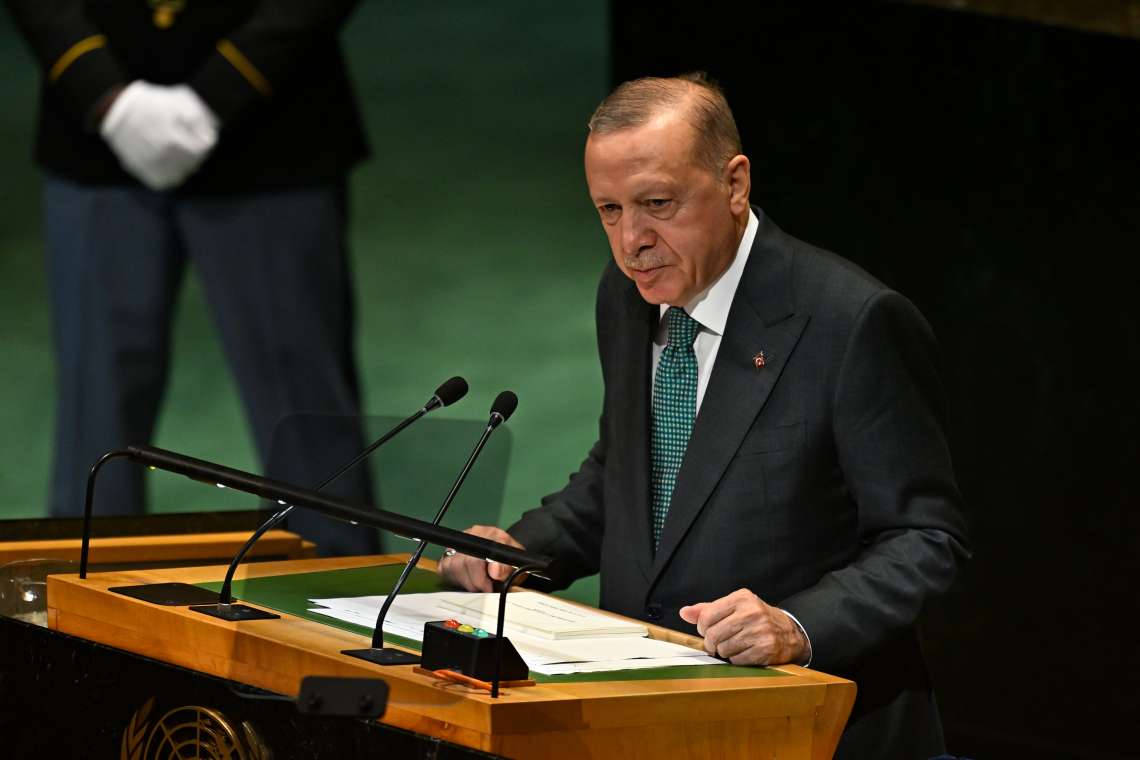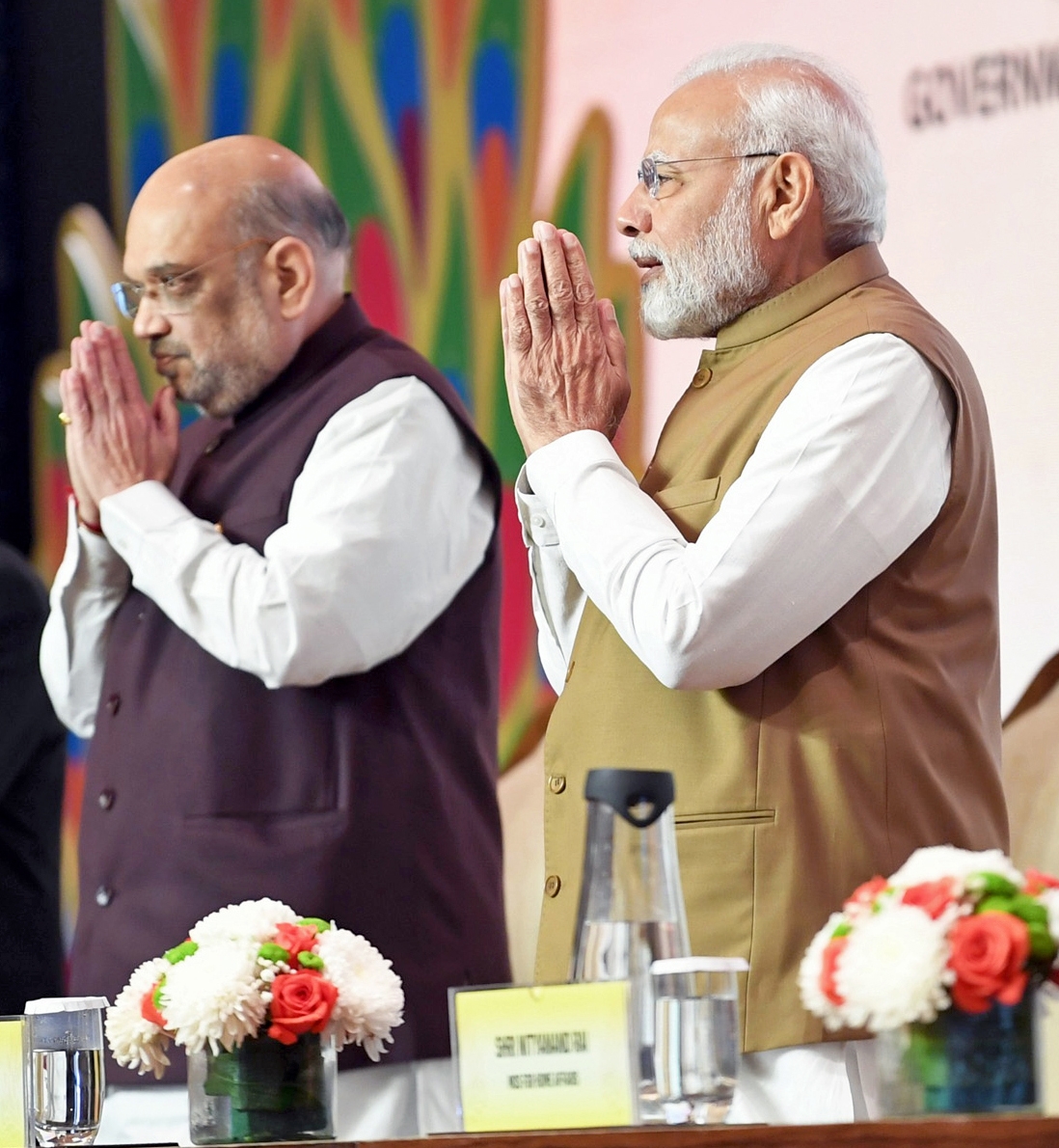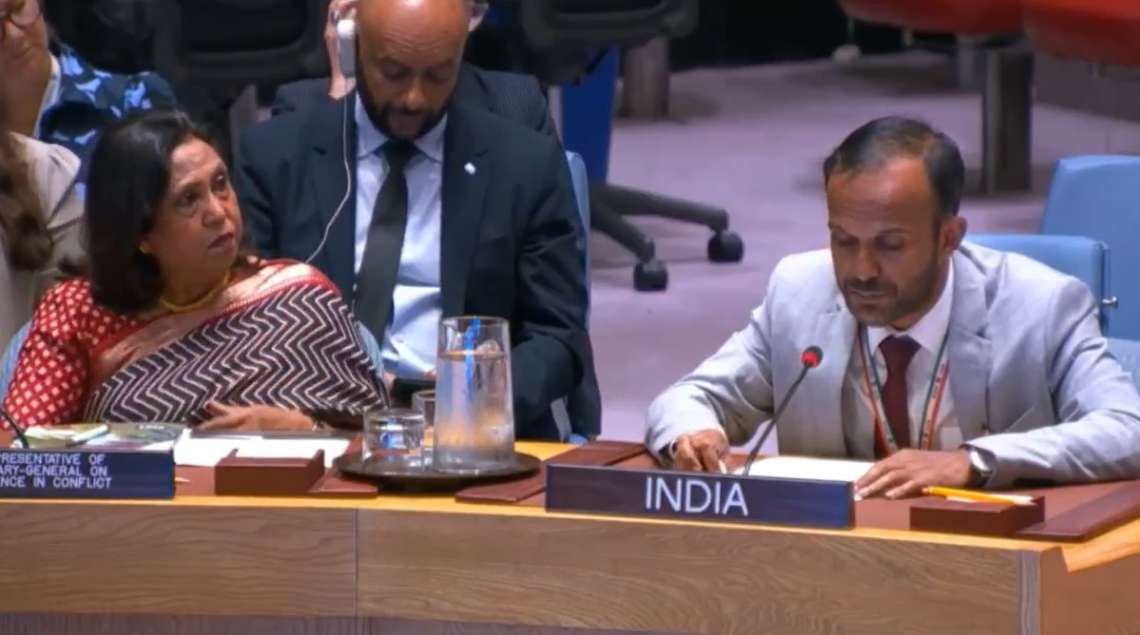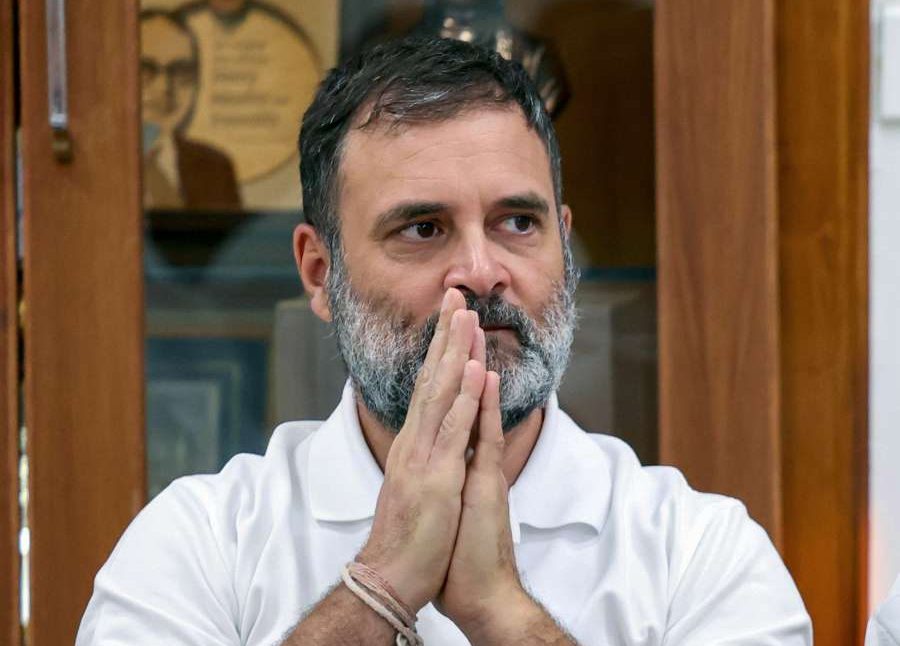The approach aims to position India as a significant player in future space exploration and capacity expansion….reports Asian Lite News
India’s space agency, ISRO (Indian Space Research Organisation), is embarking on a transformative journey to revolutionise its space sector through two key strategies. Firstly, ISRO is enhancing collaborations and partnerships to advance space research and technology, driven by space diplomacy.
This approach aims to position India as a significant player in future space exploration and capacity expansion.
Secondly, ISRO is focusing on increasing efficiency and reducing costs by incorporating private sector involvement, a move facilitated by recent reforms in Indian Space Policy, The Times reported.
ISRO’s expanding international collaborations are a result of its long-standing expertise, efficiency, and the political will to boost the global space economy through effective diplomacy. Since its modest beginnings in 1969, ISRO’s remarkable journey has garnered international respect. Having proven its capabilities with numerous successful missions, ISRO’s global role is a natural progression.
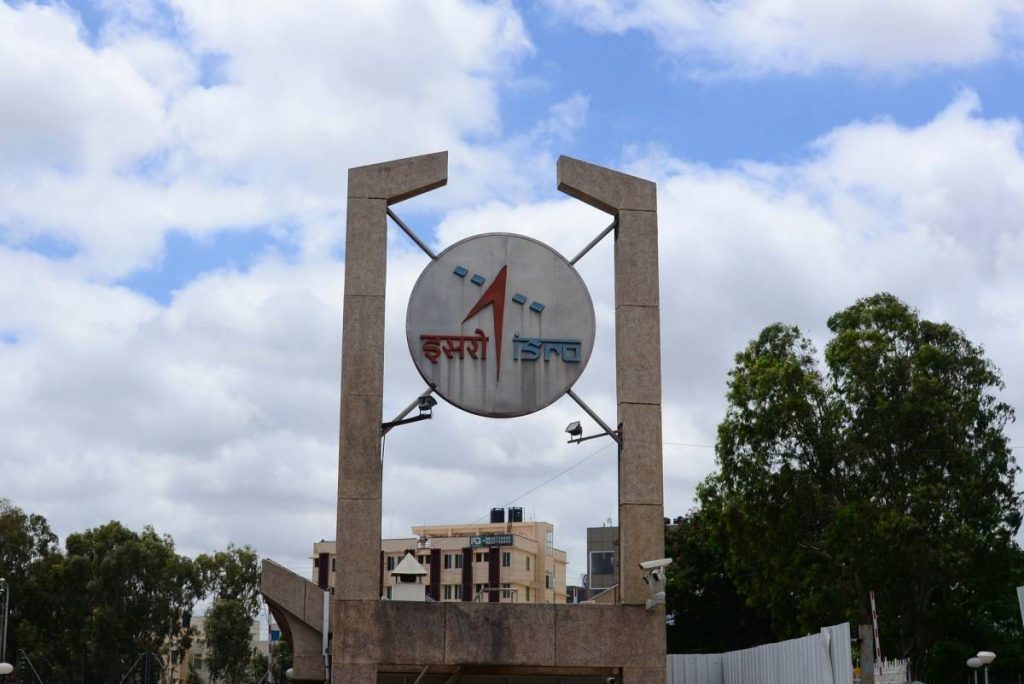
Currently, ISRO is working on notable projects such as the NASA-ISRO Synthetic Aperture Radar (NISAR), a flagship collaboration with NASA. NISAR aims to map the Earth every 12 days, providing critical data on ecosystems, biomass, sea levels, groundwater, and natural hazards. Another significant project is the TRISHNA (Thermal Infra-Red Imaging Satellite for High-resolution Natural Resource Assessment) mission, a joint venture with France’s CNES. TRISHNA will monitor Earth’s surface temperature and other variables to address water and food security challenges and assess climate change impacts.
According to The Times reports, ISRO is also collaborating with the Japan Aerospace Exploration Agency (JAXA) on the Lunar Polar Exploration Mission (LUPEX), involving both rover and lander development. Additionally, ISRO has established cooperation mechanisms for earth observation, satellite navigation, and other space activities with various countries, including Australia and Israel.

India’s open space economy policy, introduced through the Indian Space Policy 2023, allows private sector involvement in all aspects of space activities, including satellite communication and launches. This shift is expected to enhance production efficiency, reduce costs, and expand India’s space capabilities.
With over 230 agreements with more than 55 countries and multinational bodies, ISRO is not only advancing its space sector but also shaping global space policies. India aims to grow its space economy to $40 billion by 2040, with international observers suggesting a potential expansion to $100 billion in the next 15 years. Thus, ISRO and its partners are poised to make significant contributions to space exploration and policy development.
ALSO READ: ISRO Unveils C-C Nozzle, Redefining Rocket Engineering


